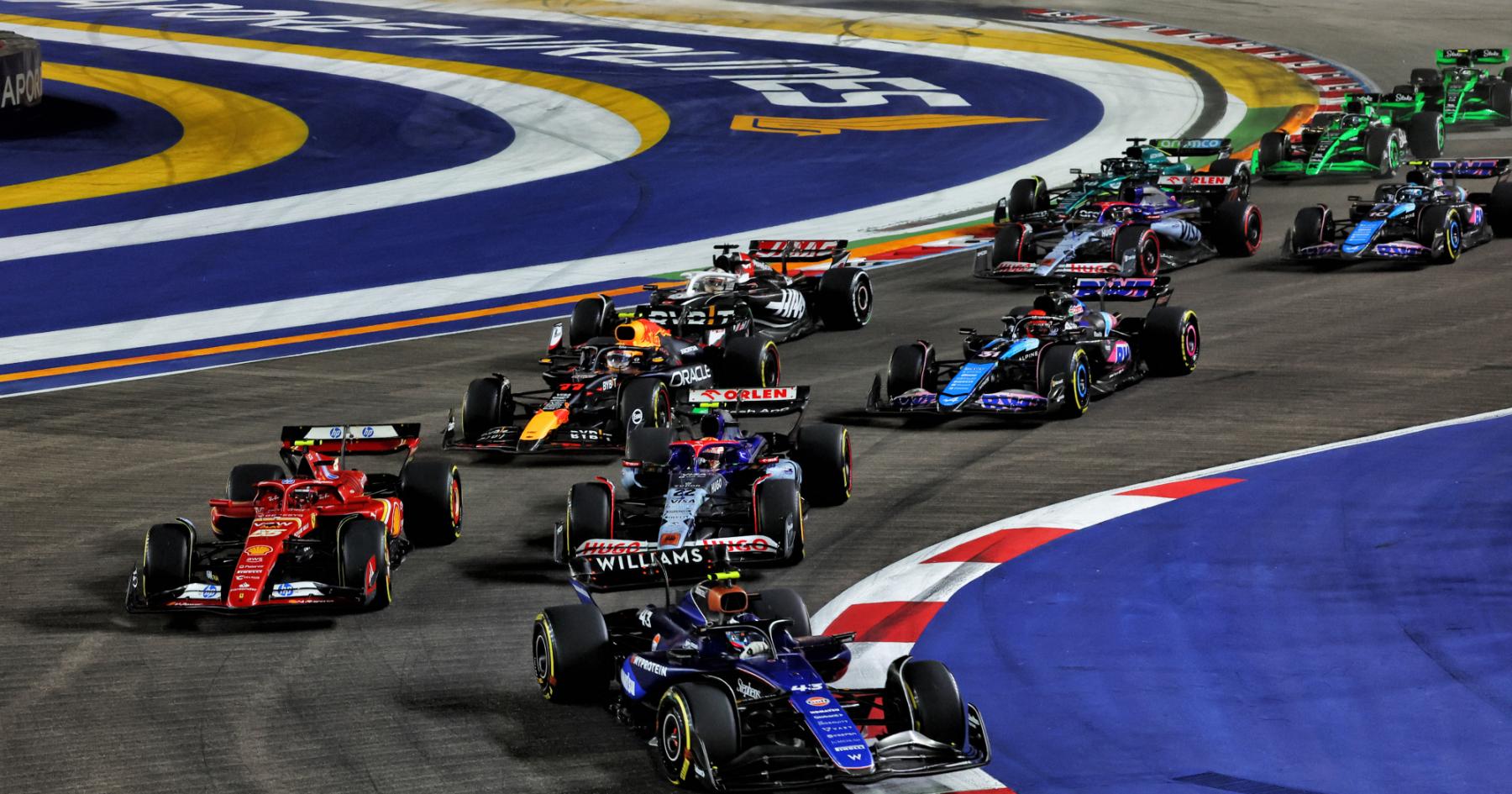Cancer used to be seen as part of ageing: something that mainly afflicted people over the age of 60 or 70. But although it is still true that the majority of new cancer diagnoses affect the over-70s, the pattern is changing in subtle ways. Some cancers are increasingly found in younger people.
Take colorectal (bowel) cancer: while rates have declined in those over 60, data shows a sharp increase in many developed countries among people under 50, in what’s called early-onset disease.
This isn’t just due to wider screening or better diagnosis, and it isn’t only found in one particular country or community. The increase is real and global, rising from approximately 94,700 cases in 1990 to 225,736 in 2019. A study across Europe found that for those aged 20-29, incidence rose 7.9% per year between 2004 and 2016, with the rates increasing by 4.9% in those aged 30–39, and 1.6% in the 40-49 group in roughly the same period. Not only is colon cancer increasing in every age cohort under 50, the growth rate is highest in the youngest group. Modelling suggests that early-onset colorectal cancer could double every 15 years in Australia, Canada, the UK and the US.
In England, the NHS bowel cancer screening programme covers people aged 50-74 by inviting them for a free screening every two years. However, this age range excludes younger people, who are usually only diagnosed at a late stage when the cancer has spread and they are symptomatic.
What’s causing the rise in young people? We can rule out genetics: it’s estimated that 75% of cases are in people with no previous family history or known genetic predisposition. Scientists have started to look at environmental factors tied to the increase in colon cancer since the 1960s, with each generation more likely to get cancer than the previous one.
One factor keeps emerging as a major culprit: ultra-processed foods, with a 2025 review in Nature Reviews Endocrinology highlighting the links. These foods, roughly defined as factory-packaged snacks, ready meals, sugary cereals, soft drinks, processed meats and many fast foods, now make up more than half the average diet in countries such as the UK and US.
The evidence is growing: a major study published in the British Medical Journal looked at three large US cohorts to examine the association of ultra-processed foods with the risk of colorectal cancer. One of these cohorts involved more than 46,000 men, tracked over 24 to 28 years. Compared with the group that consumed ultra-processed food the least, the risk of those who consumed the most of developing colorectal cancer – even accounting for nutrition and weight – was 29% higher. The authors conclude that further studies are needed to understand the physiological mechanisms of how exactly ultra-processed foods contribute to cancer development.
What’s interesting is while much of the research has linked ultra-processed foods to the rise in obesity, which is then a major risk factor for numerous cancers, the study above points to the growth in colorectal cancer in those of normal weight. Could it be that ultra-processed foods may be carcinogenic regardless of someone’s body mass index (BMI)? In other words, are those foods bad for your health even if you have an active lifestyle and are in a healthy weight range?
Diets high in ultra-processed foods have been linked to disruptions in insulin signalling, chronic low-grade inflammation and alterations in the gut microbiome, all of which are mechanisms implicated in cancer development. What we eat affects how our cells grow, how our immune systems function and how our gut bacteria – which help regulate inflammation and immunity – behave. Emulsifiers, additives and artificial sweeteners commonly found in ultra-processed foods have been shown in animal studies to promote intestinal inflammation and tumour growth. Meanwhile, the lack of fibre and protective phytochemicals (health-promoting compounds found in plants) in these foods can alter the gut microbiome needed for the body to function optimally.
after newsletter promotion
It took decades but we now accept that tobacco causes lung cancer, and that alcohol raises the risk of breast and liver cancer. The next decade may see the inclusion of ultra-processed foods as a key risk factor for colorectal cancer, particularly in young adults. I’m not writing this to scare you. It’s rather to reflect on recent research from rigorous and long-term studies. What we eat matters more than you might think.
If smoking was the cancer villain of the 20th century, eating ultra-processed food may be its 21st-century counterpart. The science isn’t yet settled, but it’s building rapidly. It’s been often said that food is medicine. And as we’re increasingly learning, food is prevention. On that note, a 2025 study found that regularly eating yoghurt may reduce the risk of developing colon cancer, a subset of colorectal cancer. So if there’s one takeaway from reading this: eat more yoghurt, and fewer ultra-processed foods.
Source link


